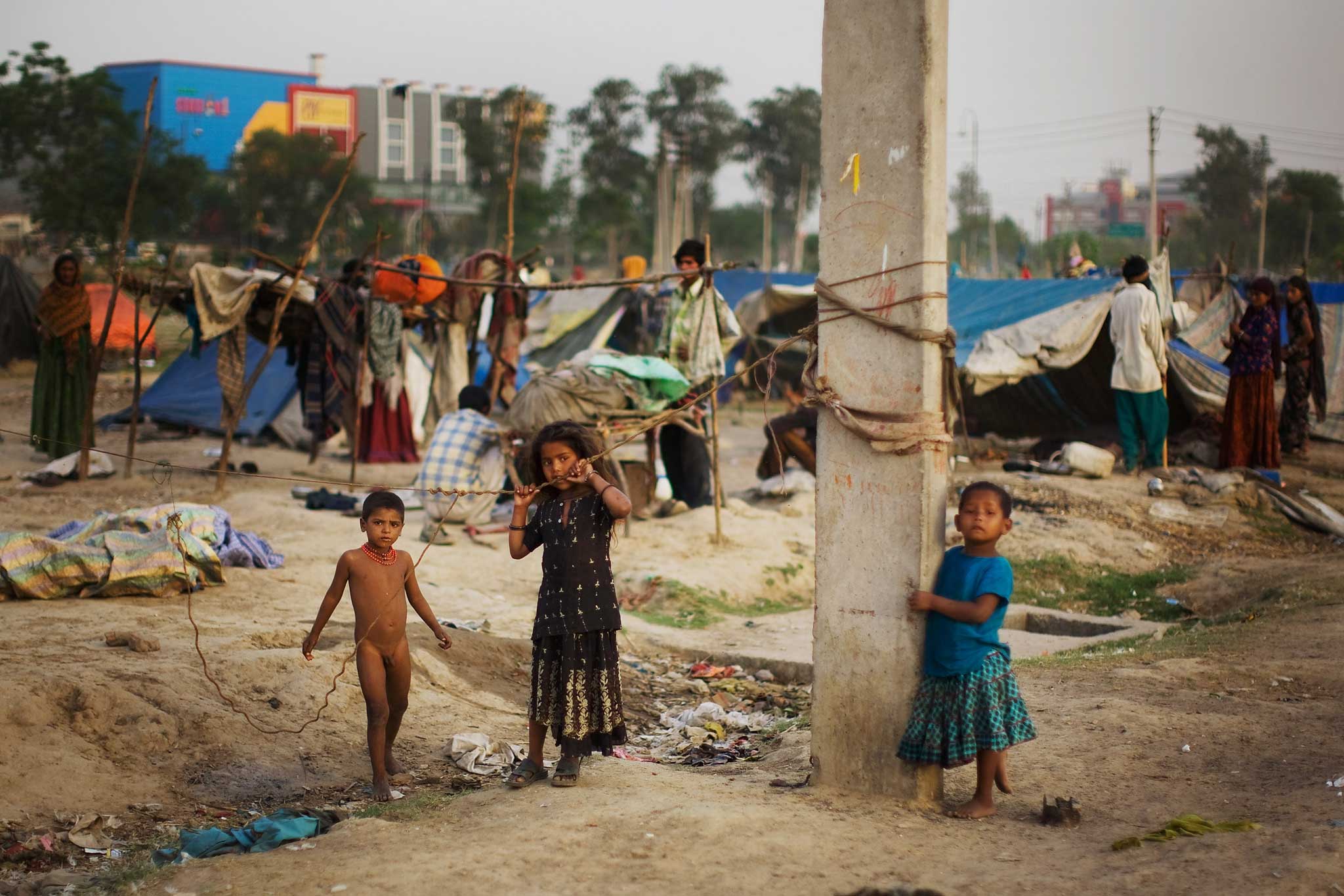The Gypsy Goddess by Meena Kandasamy, book review: Class war exposes India's dark heart
Difficult and affecting novel tells the story of the massacre of 44 labourers in 1968

This is not an easy novel to read. There is no intention to entertain. It is, as the blurb tells us, a “novel about the impossibility of writing a novel about a real-life massacre.”
The massacre in question took place in 1968 in Kilvenmani village, in the Tanjore district of Tamil Nadu, South India when 44 landless Dalit agricultural labourers, including women and children, were locked in a hut by a group of landowners and burnt alive. This reluctant novel fictionalises the events that led up to the attack – a long-standing battle between powerful landlords and the Communist party, who organised resistance against landowners, demanding better wages and working conditions. It was over the demand for an additional half-portion of rice that the labourers in Kilvenmani were crushed so brutally.
In some of the novel's most stunning passages, the attack itself is described, as the fire “lick[s] away” at its victims. Then there is the battle for justice, an impossible fight when the police are on the side of the landlords, when the political and legal system are disconnected from the lives of those at the very bottom. The long trial, in a language they don't understand (English) is like an absurd play for the villagers who seek justice: “How can they sit for so long in one place and silently listen?” asks one of the characters. “Even my buttocks have fallen asleep on this bench.”
The novel depicts this narrative from various angles: a Memorandum of the Paddy Producers' Association, a group formed by landowners to protect their interests against the organising communists, a Marxist Party Pamphlet, police reports, eye-witness accounts, slices of the lives of the Dalit peasants, and a witty author/narrator who frames the story.
This narrator directly addresses the reader, making clear her refusal to make it an easy ride, to tell a linear tale, to explain, to exoticise, to give the reader what he/she expects from an Indian English-language novel. At the same time, she points out that “the Communists will be outraged to be glorified in such an archetypal bourgeois literary form such as the novel... produced for the global market.” The narrator anticipates much of the potential criticism of the novel in a way that is disarming and clever, but also, at times, irritating, in particular in the extended opening – the “background” – where we feel impatient for the story to start. Indeed, throughout the novel, it is almost with guilt that the reader wishes for more story, for an anchor, for characters who draw us in.
The importance of this narrative voice, however, is in laying out the impossibility of the task at hand: of the need to create a separation between author and story. Kandasamy has the sensitivity to recognise her limitations (and power) in an attempt at representation. The Facebook-using, urban, educated, middle-class author/narrator is a world away from the villagers who inhabit the novel, as is the form and language into which she is fitting them.
Despite the narrator's claims to defy conventions of form and language, the text inevitably simplifies these lives and struggles. For example, while touched upon in the beginning, little is made in the novel of the complex relationship between caste and class in the resistance against the landowners, an ongoing issue between communists and Dalit activists. Nevertheless, it is refreshing to read an Indian English language novel that wears its politics and ideology on its sleeve, that is about collective resistance rather than individuals.
Join our commenting forum
Join thought-provoking conversations, follow other Independent readers and see their replies
Comments